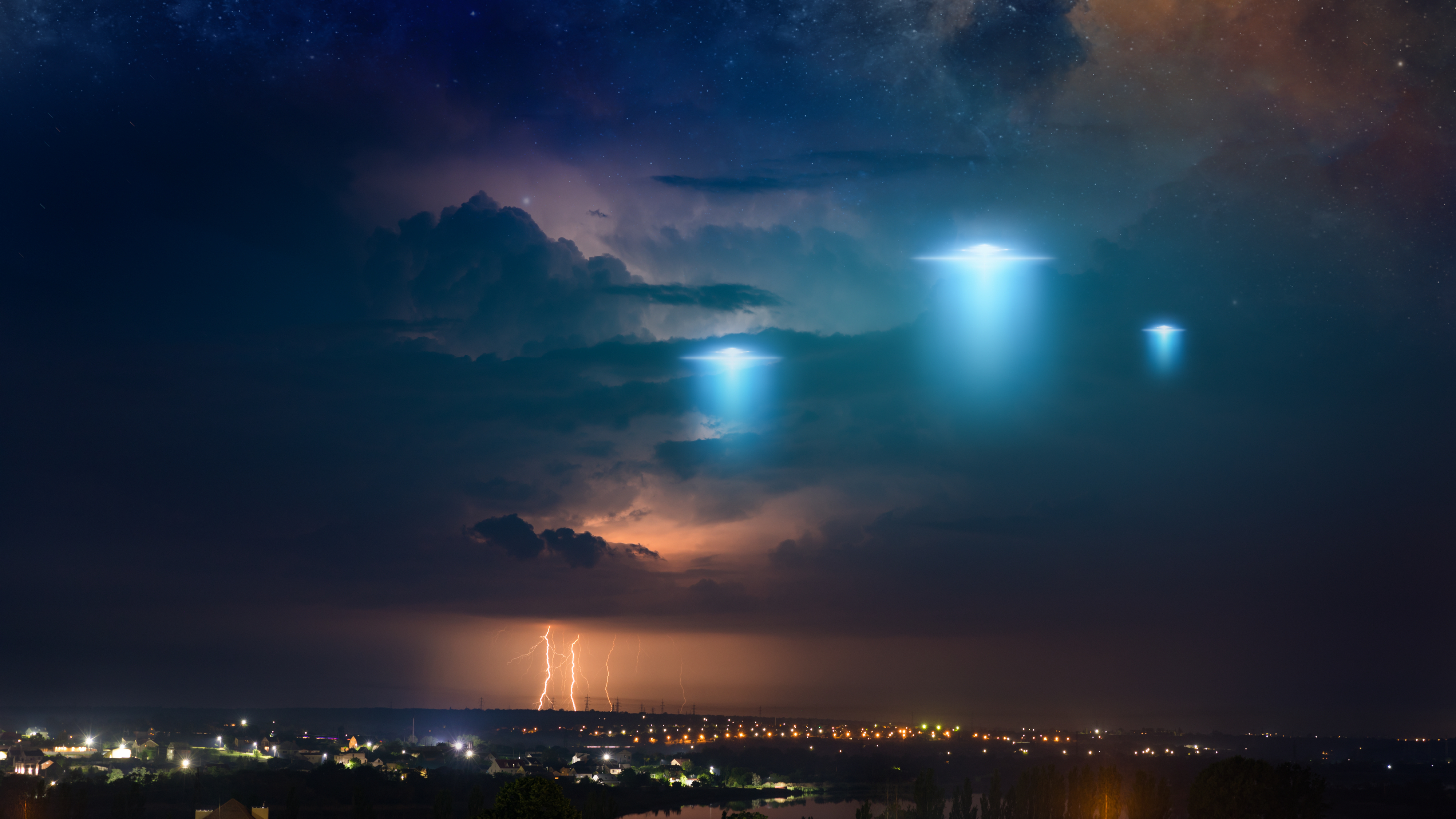Mankind has consumed itself with endless military competition without pausing to consider that there may be far greater threats to our prosperity and freedom than each other.
The Milky Way galaxy is estimated to contain around 400 billion stars. Much like our own sun, many of them have planets and moons rotating around them. Though we have yet to openly encounter one, it is reasonable to assume some of these planets and moons are home to civilizations not too dissimilar from our own. Our very existence is proof that such civilizations exist. Even if only .1% of these stars can support a civilization like ours, that would still leave 400,000,000 potentially similar civilizations in our galaxy alone.
As our own evolutionary trajectory shows, it takes time for organisms to evolve and create civilizations that can aspire to the stars. Our planet is roughly 4.5 billion years old, but only evolved a species with the capacity to launch objects beyond its atmosphere less than 65 years ago. While our planet and civilization may be young and in the early stages of trying to explore space, our galaxy is estimated to be over 13 billion years old. Which means that some of these potential alien civilizations have had a sizable head start. Even if only .1 percent of the 400 million possible civilizations referenced above developed the ability to explore space, that would still lead to 400,000 spacefaring civilizations in just the Milky Way.
To be fair, none of these estimates can be taken seriously. We do not know enough about our universe to accurately calculate how many civilizations it holds or even what kind of technology and energy sources it takes to traverse the vast distances of space. They are only meant to illustrate that even if the odds are very low, given the sheer number of stars, there could still be a substantial number of them.
Some have theorized that we have yet to encounter one because it would destroy itself before developing the capacity to reach other stars. It is also possible that our planet is in a remote part of the galaxy or simply too resource poor to merit much attention from spacefaring civilizations. Just because we have yet to make contact with one does not mean they do not exist. One need only look at the night sky to consider the possibility.
This possibility should put our own squabbles and short-sighted behavior in perspective because such a civilization would, of necessity, possess technology far superior to ours. Designing and building the propulsion systems and ships to explore space would also lead to the military means to violently conquer our planet or take its resources. Our history shows that when civilizations with vastly different technological and military abilities meet, the result is often one-sided carnage and enslavement. It would be easy to dismiss these concerns as the result of too many sci-fi movies. The Incas and Aztecs would have probably felt the same way just before they met the Spanish.
That is obviously a worst-case scenario and, in truth, unlikely since marshaling the necessary resources and scientific abilities to reach space would probably require attaining a high degree of social and political harmony. Thus, most spacefaring civilizations are unlikely to evolve in a manner that would make them a threat. Nonetheless, assuming all of them will have friendly intentions is an invitation to disaster. Even if the possibility is remote, the cost of being unprepared could be catastrophic for our species.
Unfortunately, we are biologically wired to only react urgently to immediate physical threats. We are not wired to think of our long-term self-preservation especially when the threat is so remote and theoretical. Even medium-term threats like those posed by climate change have barely moved the needle. We are divided into so many tribes and clans, many armed to the teeth, that the notion of coming together as a species seems like the sort of crazy idea only someone contemplating an alien invasion would consider.
What we need is a strong catalyst, but preferably one short of an actual invasion. As such, it is time for our government to share all the information it has regarding alien visitations. The late Senator Harry Reid’s comments that he “was told for decades that Lockheed had some of these retrieved materials” when discussing UFO fragments indicate it is withholding key physical evidence that could definitively prove we are not alone in the universe. Out of paternalistic concern, it has decided to keep the truth hidden. It is probably afraid of how we will respond. Those concerns, considering the extent to which popular culture has normalized the subject, no longer make sense. Instead of dealing in conjecture and rumors, we need to have a rational discussion about a topic that impacts all of us and that has the potential to finally unite our species towards a common goal.

I am not concerned about being discovered or otherwise invaded by aliens from outer space: the current physical theories do not provide conceptual support for interstellar travel the duration of which is not measured in centuries and millenia. Even a round trip to nearest star to Earth, Alpha Centauri, with current technology, will take more than a century.